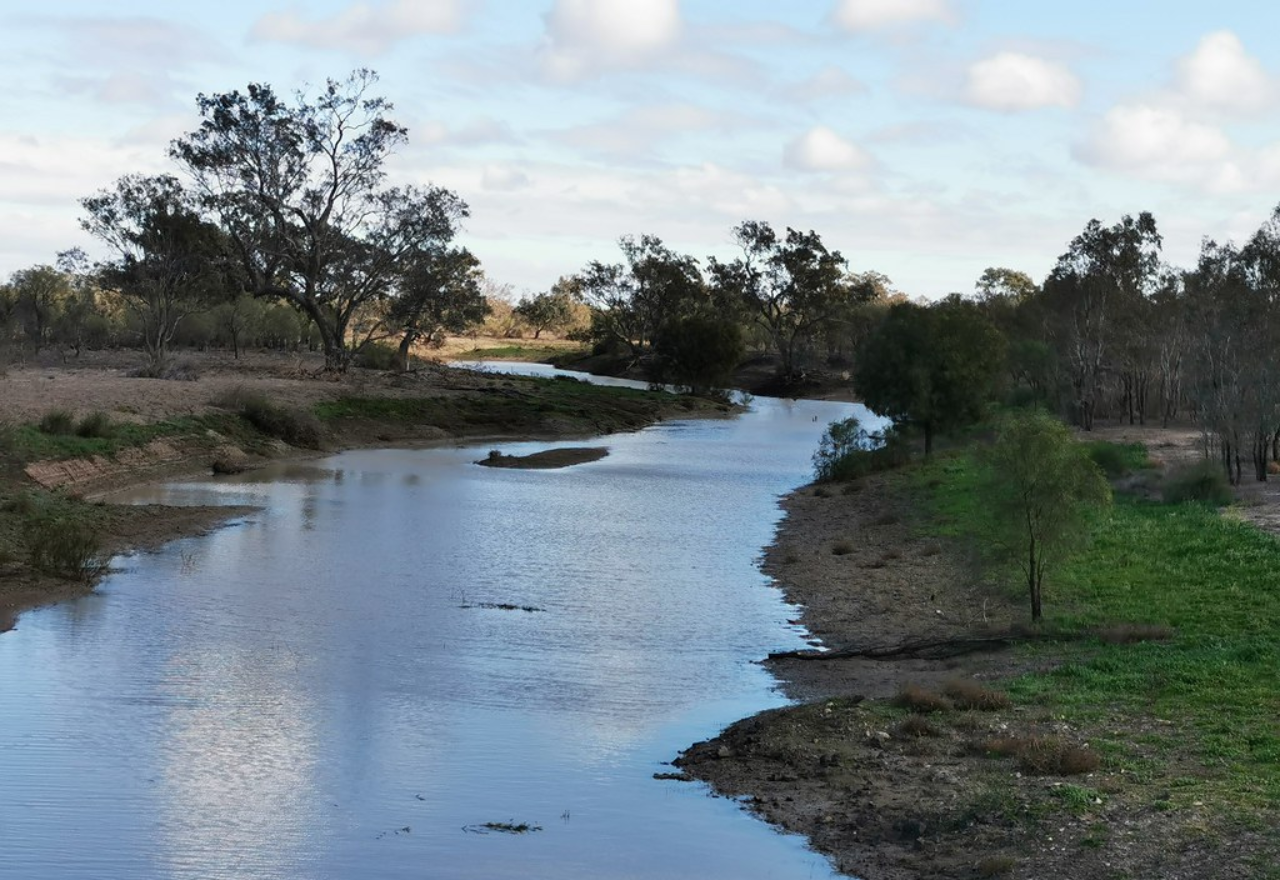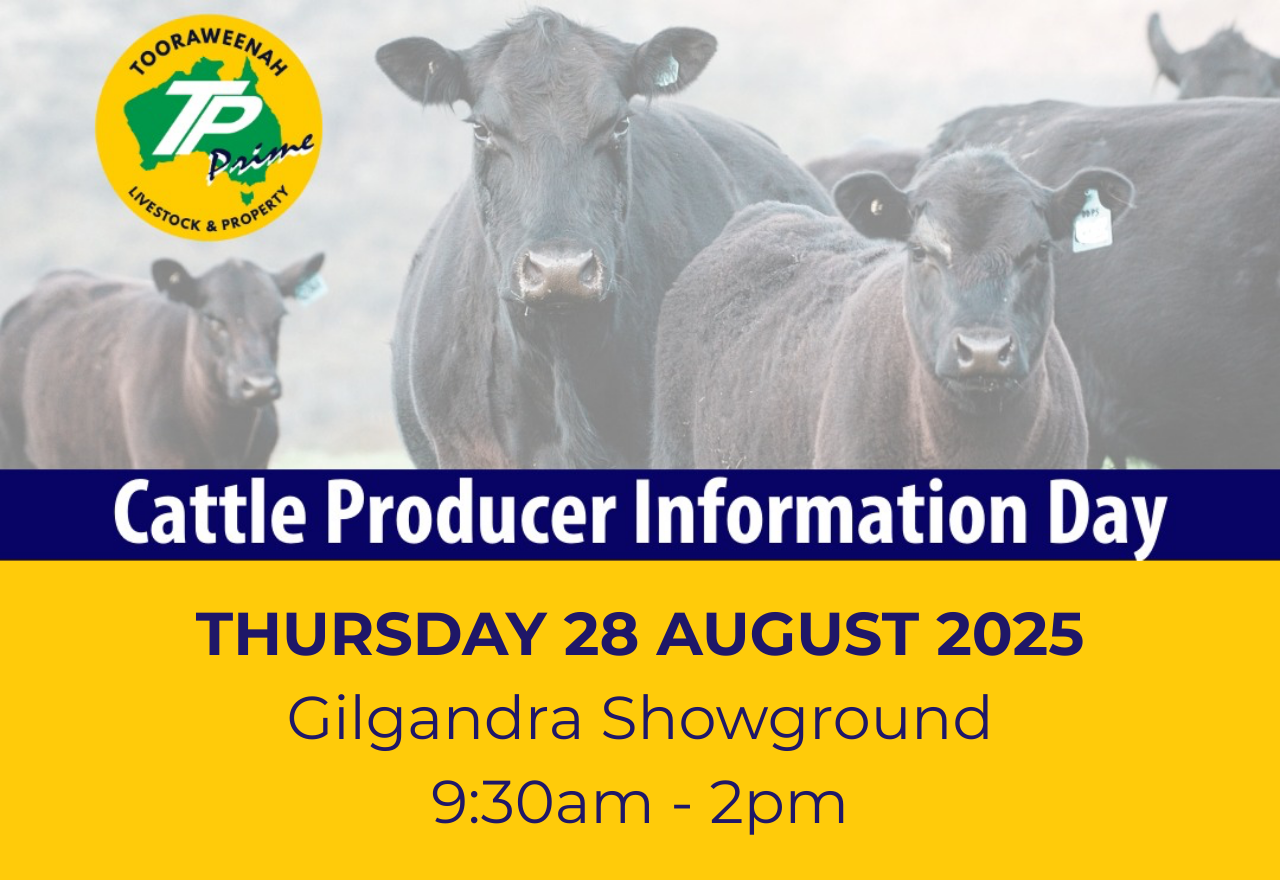Fur and Against: NSW split on cat control
Kristin Murdock
26 August 2025, 3:40 AM
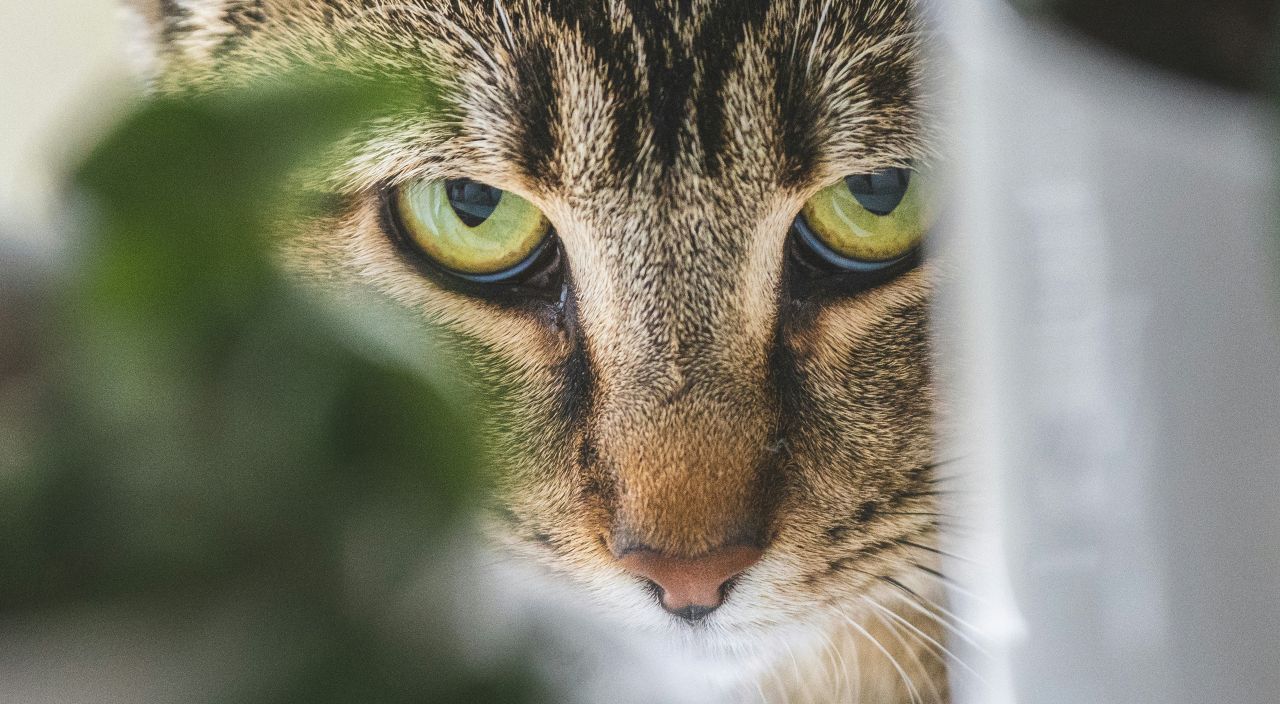
The Upper House committee inquiring into the management of cat populations in New South Wales has handed down its final report, delivering ten recommendations aimed at tackling the state’s ongoing cat overpopulation challenge.
The inquiry, led by the Legislative Council’s Animal Welfare Committee and chaired by the Hon Emma Hurst MLC, examined the impact of both feral and domestic cats on threatened species and the effectiveness of possible management options.
Ms Hurst said the report made clear that urgent action was required, but any strategies needed to be underpinned by sound evidence.
“It is clear that the overpopulation of cats has serious impacts in New South Wales and that effective cat management strategies are urgently required."
However, it is important that cat management programs are underpinned by sound scientific evidence to ensure that initiatives are effective and produce the desired outcomes,” she said.
The committee’s ten recommendations address multiple aspects of cat management, with a focus on desexing, supporting behaviour change and education campaigns to encourage responsible pet ownership, and working with communities to reduce the overpopulation of cats.
A key point of debate throughout the inquiry was whether mandatory cat containment laws should be introduced.
While some submissions strongly supported the idea, the committee ultimately did not recommend compulsory containment or curfews.
Ms Hurst said the risks of mandatory measures outweighed the potential benefits at this stage.
“While the committee recognises that there are benefits to voluntary cat containment, the potential negative consequences of mandatory or punitive cat containment laws are likely to make them unworkable in New South Wales at present,” she said.
“It was apparent to the committee that there is currently insufficient evidence that mandatory cat containment and cat curfew laws are effective, and in fact they could have adverse consequences including on the costs imposed on councils and the local community during a cost of living crisis, and significant increases in euthanasia rates. The committee therefore encourages the use of education and behaviour change programs to foster the voluntary adoption of cat containment within the community.”
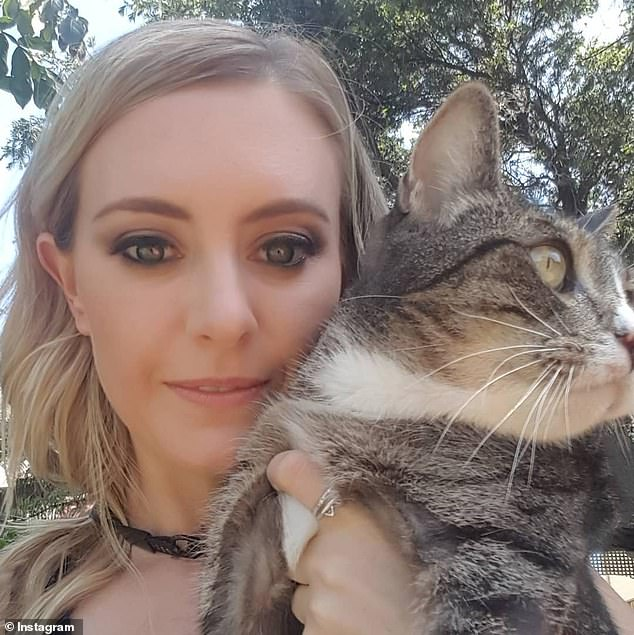
Hon Emma Hurst MLC, a long time animal advocate, said mandatory cat containment was not currently feasible.
The claws are out!
Not all members of the inquiry agreed.
Nationals Upper House MP Scott Barrett lodged a dissenting statement, criticising what he described as a weak stance on protecting native wildlife.
Mr Barrett, the Duty MLC for Orange and Barwon, said the rights of native species were being sidelined.
“Cats are doing untold damage to our native wildlife," he said.
"Even the Government agrees they are a persistent, ongoing and critical threat, yet there seems to be an inclination to look for excuses not to take serious action."
He argued the report spent too much time considering options such as trap-neuter-release of wild cats, which he said should not be entertained.
“Far too much of this inquiry was spent discussing whether de-sexing and releasing wild cats back into the environment was a viable alternative to culling.
"Given the enormous amount of damage cats are doing to our native wildlife, I don’t know how anyone can take this prospect seriously,” Mr Barrett said.
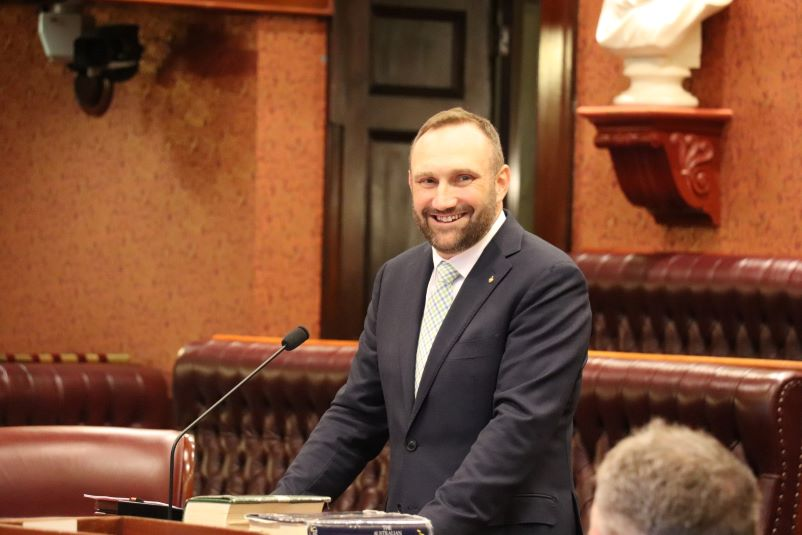
Orange-based Scott Barrett MLC is pushing for greater cat control. [IMAGE: NSW Nationals]
He called for councils to be supported in adopting mandatory containment laws where they saw fit.
“We should absolutely be looking to support local councils who want mandatory cat containment and to suggest anything else, takes away an important tool in the fight against a remarkably harmful invasive species,” he said.
Mr Barrett urged the Minns Government to “show some courage” and commit to tougher measures, including culling programs, instead of investing in what he described as “expensive and time-consuming de-sexing programs.”
While the committee’s report highlighted the welfare of domestic cats and the need for equitable approaches that would not unfairly penalise disadvantaged communities, Mr Barrett and other critics argued that stronger protections for wildlife should have been prioritised.
Local controls
A spokesperson from Local Land Services (LLS) told Western Plains App that feral cats remain a serious problem across the state and that practical management tools are available to landholders.
“Feral cats are not known to have a significant impact on primary production, but they are a serious threat to native species through predation and are considered a priority pest across NSW,” the spokesperson said.
“While control options are limited, exclusion fencing, trapping and ground shooting can help to manage feral cats.
"Local Land Services can provide tailored advice to landholders on which control methods are best suited to their property.”
The spokesperson also encouraged responsible pet ownership as part of the broader solution.
“Domestic cat owners are encouraged to practice responsible pet ownership by de-sexing their cats to prevent unwanted breeding and predation on native wildlife,” they said.
Landholders are encouraged to report feral cat activity through FeralScan or contact their nearest Local Land Services biosecurity officer on 1300 795 299 for advice.
